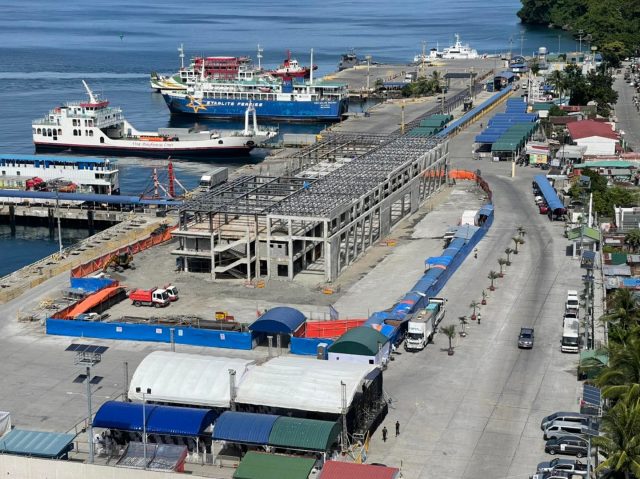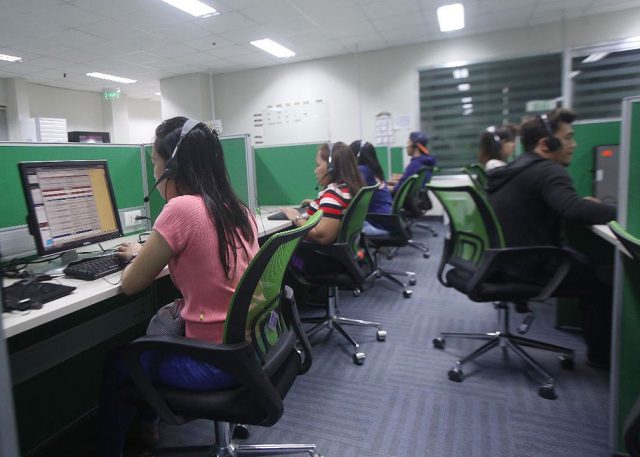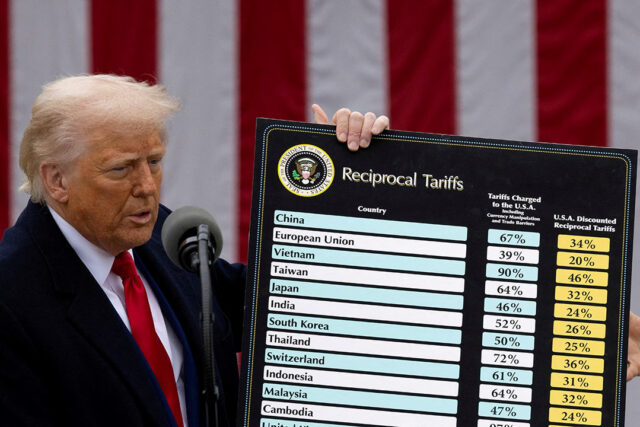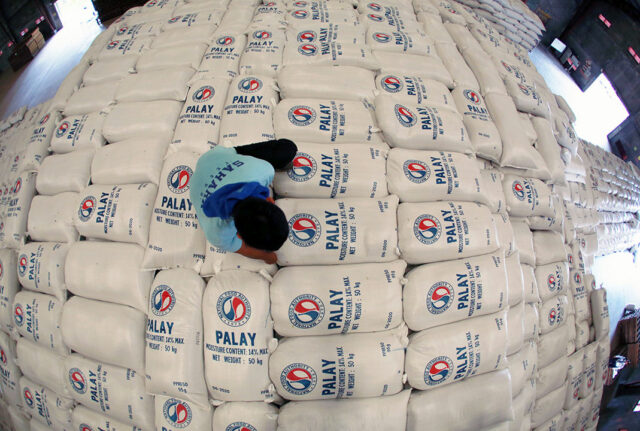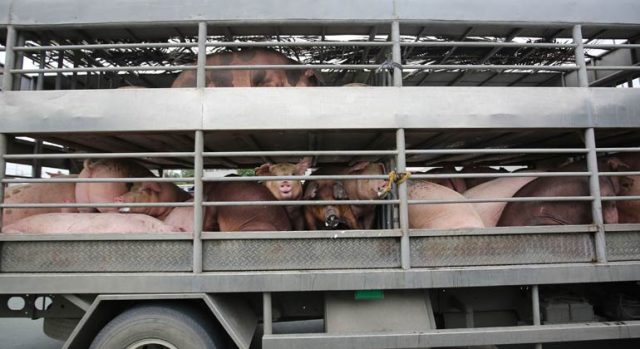CHR: 2.7M online sexual abuse of children seen in 2023

THE Commission on Human Rights (CHR) has sounded the alarm over a surge in online sexual exploitation of Filipino children, with cases climbing by six-fold to 2.7 million in 2023 from 426,000 in 2019.
The US-based National Center for Missing and Exploited Children received over 400,000 online sexual abuse reports from the Philippines in 2019, which rose to 1.2 million in 2020 and surged to 2.7 million by 2023, the CHR said in a statement.
“Economic vulnerability — particularly poverty — remains a primary driver of OSAEC (online sexual abuse and exploitation of children), with many cases involving perpetrators who are family members or close relatives,” the human rights body said.
Nearly one in every 100 children in the Philippines were trafficked to produce child sexual exploitation material in 2022, according to data from the International Justice Mission (IJM) and the University of Nottingham’s Rights Lab.
The CHR said that shame and emotional burden of court proceedings discourage child victims from seeking help, with gaps in the legal system further complicating their ability to pursue justice.
GAPS REMAIN
The human rights body said that despite laws protecting children from online sex abuse, gaps in reporting mechanisms, rescue operations and rehabilitation efforts fall short of addressing child victims.
“These gaps not only worsen the trauma experienced by child victims, but also contribute to continued underreporting, particularly in cases where parents are the perpetrators,” it said.
“Rescue and rehabilitation efforts must adopt a child-sensitive and trauma-informed approach, ensuring sufficient resources for psychosocial recovery and long-term support,” it added.
The government should also provide psychological and financial interventions to family members caught sexually abusing children for online purposes, the CHR said, adding that a “comprehensive” rehabilitation program should be formed to break the cycle of exploitation.
Philippine courts should also allow pre-recorded testimonies for child victims during legal proceedings to prevent re-traumatizing them, it added.
The government should strengthen efforts to combat online sexual abuse by launching awareness campaigns, implementing poverty alleviation and livelihood programs in vulnerable communities, and cooperating with internet service providers to disrupt abusive activities online, the CHR said. — Kenneth Christiane L. Basilio





